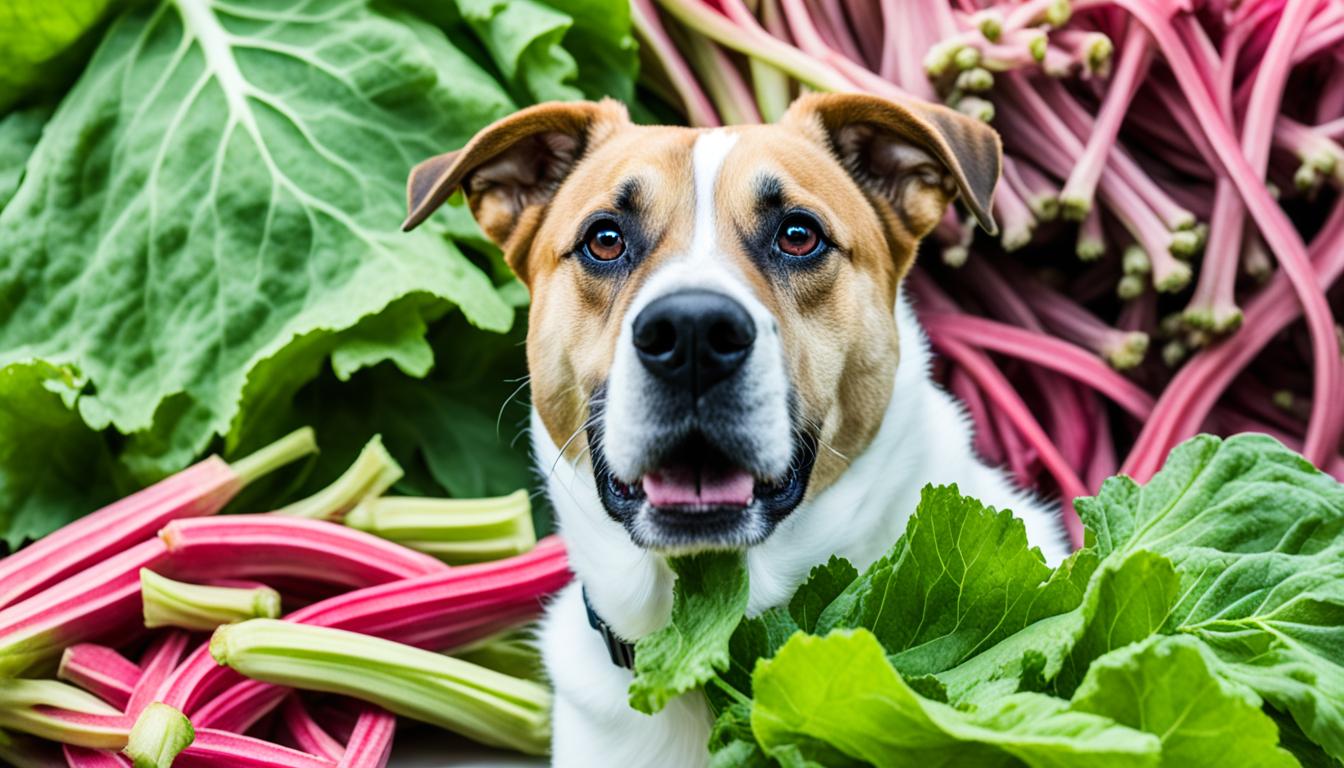Health Care
The Hidden Enemy: Chronic Stomatitis in Dogs Exposed
Unveiling chronic stomatitis in dogs: symptoms, causes, and treatment options. Protect your pup's oral health today!
Securing Your Canine Companion: Spina Bifida Prevention Measures for Dogs
Prevent spina bifida in dogs with effective measures! Learn about breeding considerations and emerging treatments for canine well-being.
Poisonous Plants
Training
Turning Aggression into Obedience: Proven Techniques for Dog Training
Transform your aggressive dog into an obedient companion with proven training techniques for aggressive dog training.
Read moreDetailsUnleash Your Dogs Potential: Top Dog Training Schools Revealed
Unveiling the top dog training schools for unlocking your pup's potential. Discover specialized programs and career development options now!
Read moreDetailsMastering Freedom: Effective Off-Leash Training for Dogs
Unlock off-leash freedom for your dog with effective training techniques. Master obedience, establish trust, and overcome challenges.
Read moreDetailsCategories
Categories
- Cat Allergies (12)
- Cat Breeds (5)
- Cat Flea & Tick (10)
- Cat Health Conditions (1,258)
- Cat Heart Health (1)
- Cat Joint Health (2)
- Cat Multivitamin (1)
- Cat Names (3)
- Cat Probiotics (2)
- Cats (156)
- Dog Allergies (10)
- Dog Breeds (331)
- Dog Flea & Tick (99)
- Dog Health Conditions (951)
- Dog Heart Health (18)
- Dog Joint Health (37)
- Dog Multivitamins (41)
- Dog Probiotics (40)
- Dog Product Reviews (1)
- Dogs (148)
- News (144)
- Poisonous Plants for Cats (108)
- Poisonous Plants for Dogs (118)
- Training (32)
Popular News
Don't Miss
Latest Post
The Silent Threat: Mushroom Toxicity in Dogs Revealed
Unveiling the silent threat: Mushroom toxicity in dogs exposed. Learn symptoms, treatment, and prevention for your furry friend.
Power Up Your Pooch: Nutritious and Dog-Friendly Mushrooms
Discover dog-friendly mushrooms for a healthier pup! Safely navigate the world of fungi and prevent mushroom poisoning.
The Hidden Enemy: Chronic Stomatitis in Dogs Exposed
Unveiling chronic stomatitis in dogs: symptoms, causes, and treatment options. Protect your pup's oral health today!
A Guide to Safety: Detecting Signs of Mushroom Poisoning in Dogs
Detect signs of mushroom poisoning in dogs to ensure their safety. Learn how to recognize, diagnose, and prevent this dangerous...
Unveiling the Hidden Threat: Poisonous Mushrooms for Dogs Exposed
Unmasking the hidden danger: Discover the poisonous mushrooms posing a threat to dogs and how to protect your furry friend.






























